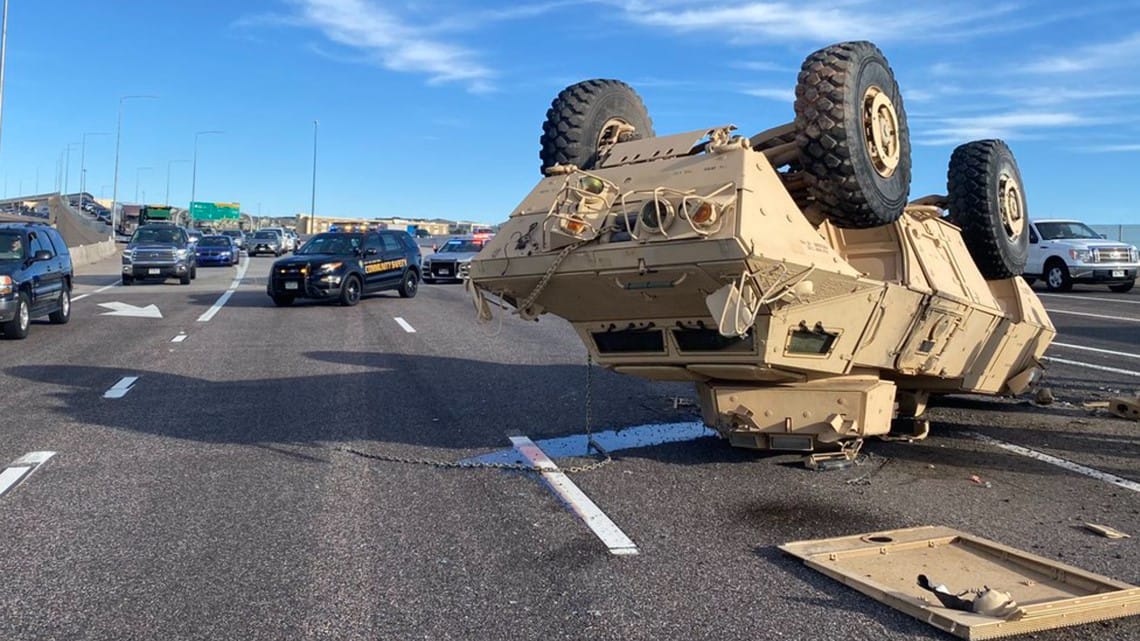Car accidents can have devastating results on the careers of military personnel. They could be physically unable to perform their duties and have to move to a new position or even face medical discharge.
If you’ve been involved in a road traffic accident, consider pursuing a personal injury claim. This article will guide you through the process to make it as seamless as possible.
The Devastating Impact
Even minor injuries resulting from an auto accident can end a military career. After the review process, a medical board may recommend a medical discharge, ending a service member’s time in the Armed Forces.
Even the safest drivers can be harmed by the negligence of others on the road. Perhaps the other driver is under the influence of alcohol or drugs, is speeding, hasn’t stopped in time, has a known medical condition and should not be driving, or has failed to maintain their vehicle properly. Any one of these negligent behaviours can cause a traumatic road accident that leads to the loss of a hard-earned career.
Risk of Medical Discharge
Road traffic accidents involving Armed Forces members will result in a referral to a medical board, which then completes a medical examination and reviews the personnel’s medical grading. If the personnel no longer meet Military Medical Standards, they may be medically downgraded during their recovery instead of receiving an immediate discharge. After the review, it could escalate to a medical discharge, even if the injury isn’t necessarily career-ending in civilian life.
Personnel who receive a medical discharge lose promotion prospects and careers but may also struggle with uncertainty about pension benefits. They may be eligible for a pension, but it depends on the duration and nature of their service. Those with relatively short military careers may find the pension doesn’t provide the financial stability they need as they adjust to life outside the military.
The Importance of a Personal Injury Claim
Personal injury claims in these circumstances can be complicated, but they hold those responsible accountable. They can also provide crucial compensation for those who receive little under pension benefits or the Armed Forces Compensation Scheme (AFCS).
The compensation from a civil claim could include the loss of future earnings, home adaptations, equipment to enhance their life, future care costs, or costs to pay for private treatment and rehabilitation.
Types of Compensation
The kind of compensation that can be sought in a civil claim depends on the severity and extent of injuries incurred due to the accident. Amputation claims, for example, cover injuries that result in the loss of a limb.
In these cases, personal injury solicitors aim to obtain interim payments to lessen the financial burden on injured personnel. This could include access to private rehabilitation centres and therapists to help maximise their recovery during and after the case. It may also cover prosthetic and orthotic care, allowing them to obtain state-of-the-art prostheses to help with digit loss, hand loss, or full microprocessor-controlled prosthetic limbs.
Navigating the Complexities
Personal injury claims in military road accidents are rarely straightforward, especially with the added layer of military regulations. However, there are ways to make them more accessible, such as Conditional Fee Agreements or ‘no win, no fee.’ Former personnel making these claims don’t have to pay upfront fees.
You should seek legal advice immediately if you’ve been involved in a traffic accident. Choosing an expert team of military vehicle accident lawyers will give your case a human touch, with understanding solicitors with decades of experience to guide you through the process.




